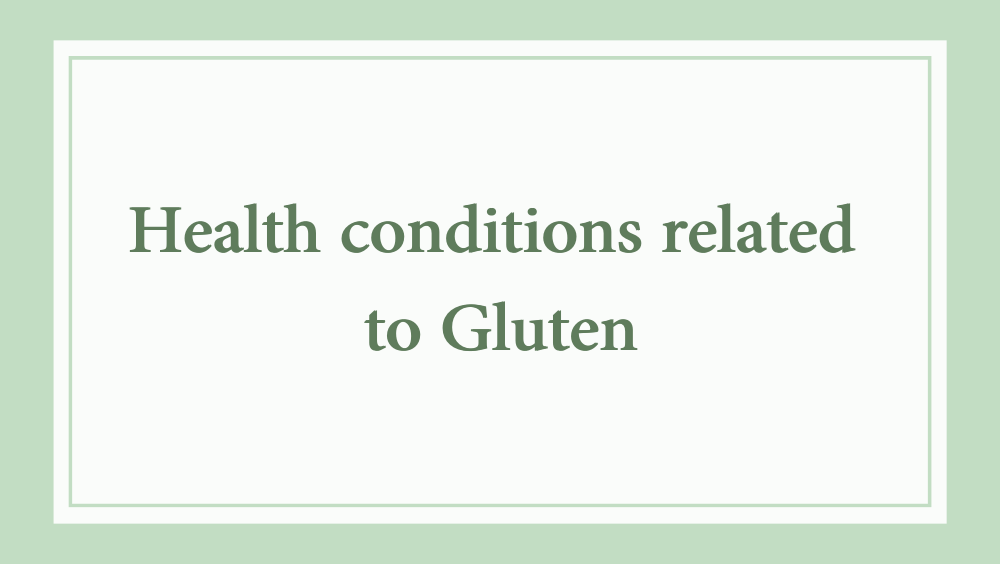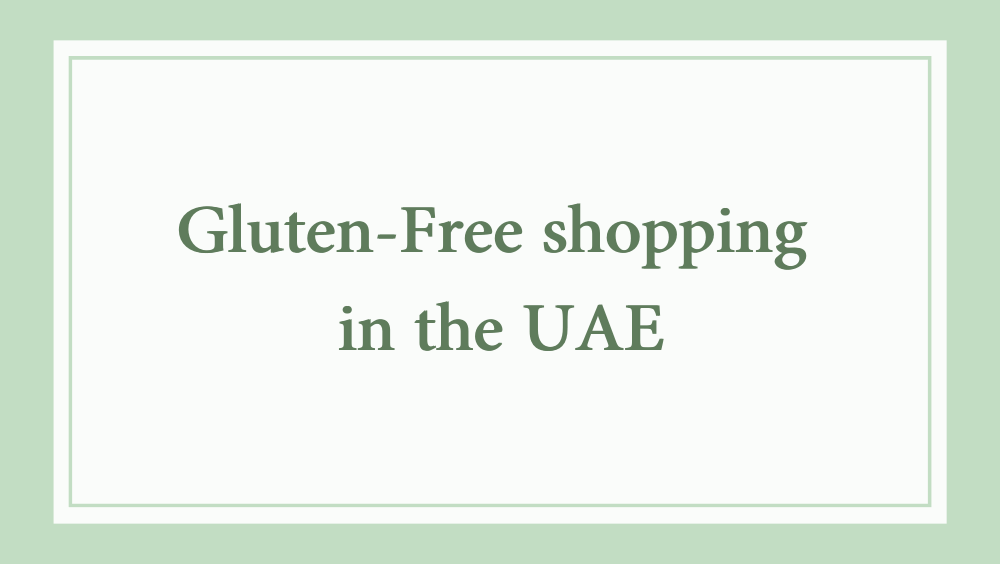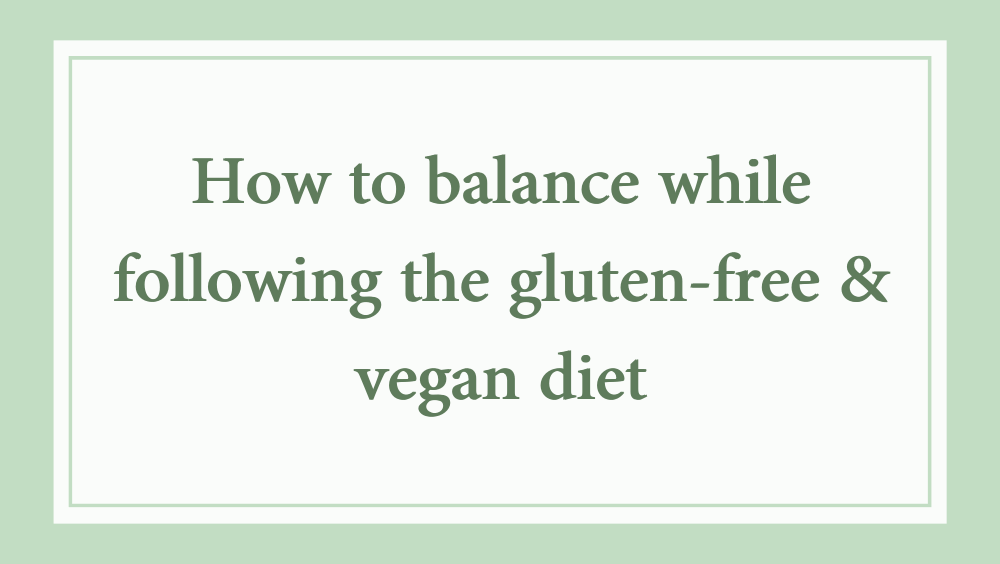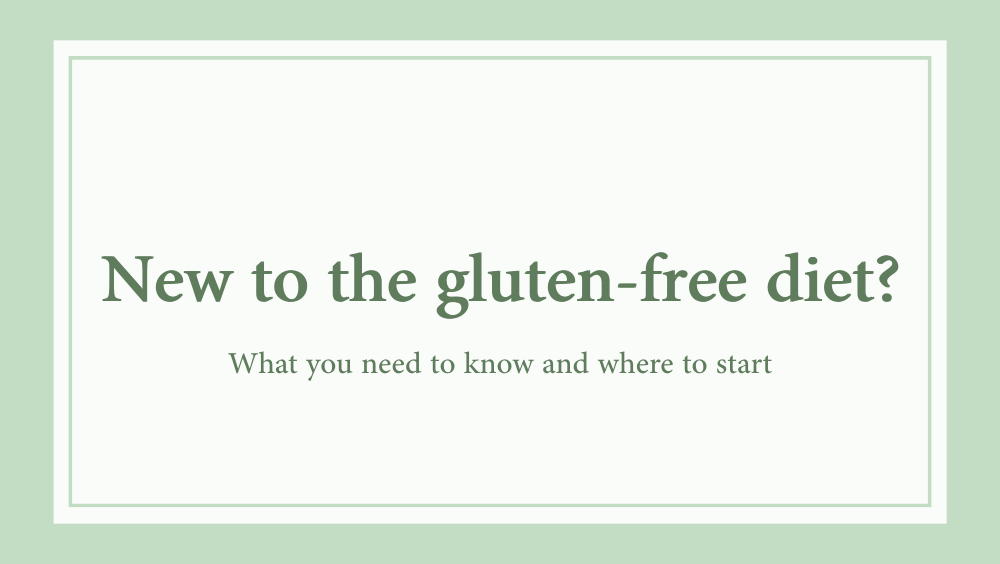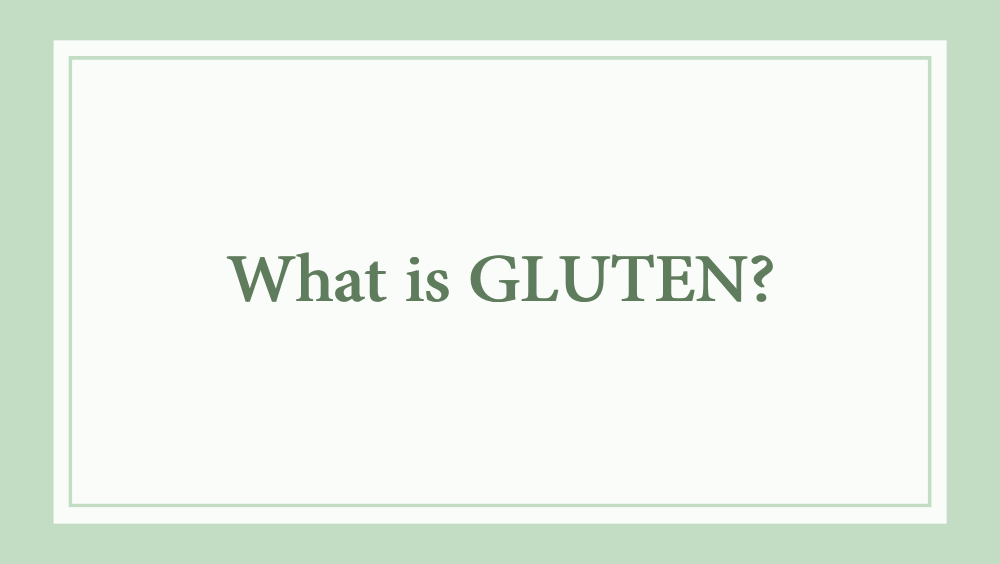Understand the importance of gluten-free lifestyle
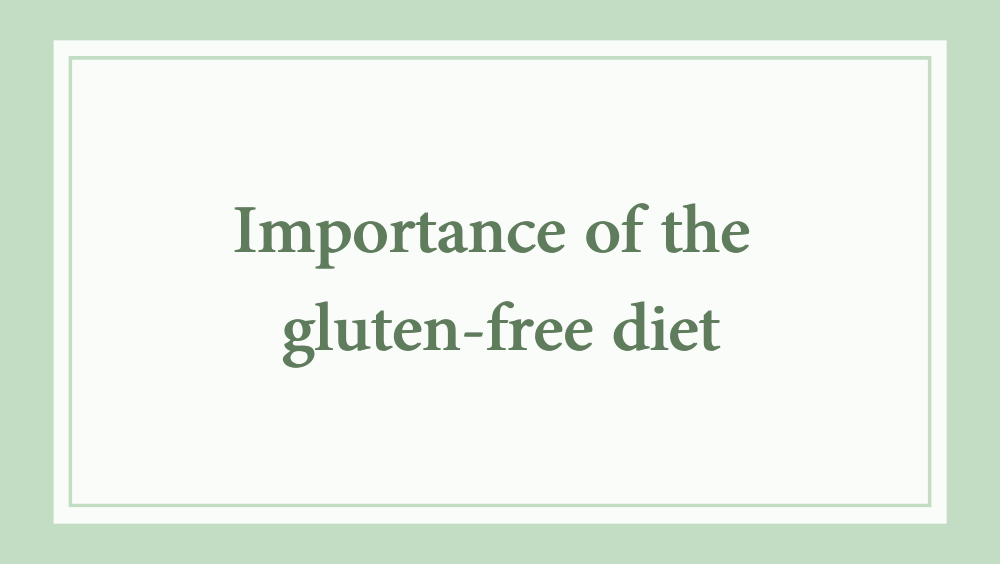
Coexistence with gluten allergy or celiac disease requires a very thoughtful approach to the daily diet. In this blog, we will address the details of adopting a gluten-free diet and why it is of great importance to individuals who face health challenges related to gluten.
What is gluten?
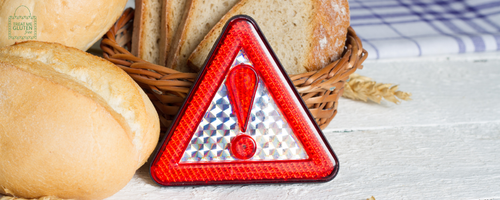
Gluten is a complex mixture of proteins found in wheat, barley, rye, and what is made of it, such as bulgur and couscous. For some individuals, eating gluten can lead to negative reactions and celiac disease is a prominent example of this.
In celiac disease, gluten consumption leads to an immune response that damages the lining of the small intestine, affecting nutrient absorption.
Click here to read more details about (what is gluten)
Gluten-free diet:
The gluten-free diet includes the exclusion of gluten-containing foods, such as wheat products (bread, pasta, baked goods, bulgur, and couscous), barley, and rye. Instead, individuals adopt alternatives such as gluten-free grains such as rice, quinoa, corn, and whole foods such as fruits, vegetables, and proteins.
The health benefits of a gluten-free diet:

- Digestive health: For those who suffer from gluten intolerance or celiac disease, a gluten-free diet enhances intestine healing and reduces inflammation and pain.
- Better absorption of nutrients: by stopping consuming gluten, the intestine’s ability to absorb the essential nutrients improves, treating a lack of nutrition associated with gluten-related disorders.
- Increased energy levels: Many of those who follow the gluten-free diet feel an increase in energy levels and lack of fatigue after the adoption of a gluten-free lifestyle.
- Weight control: Some people find that maintaining a healthy weight becomes easier when a gluten-free diet, as it often includes choosing whole foods rich in nutrients.
Tips for adopting a gluten-free lifestyle:

- Reading the labels: Be careful before buying the products and read the labels well to check for the presence of hidden sources of gluten. You can also contact the producing company and check with them directly.
- Whole foods: consume gluten-free whole and natural foods such as fruits, vegetables, and proteins and gluten-free grains such as quinoa, rice, and corn.
- Gluten-free alternatives: Explore the selection of alternative products free from gluten, such as grain flour, gluten-free bread, and pasta. Also, you can shop from the collection of our gluten-free products that are completely suitable for celiac patients. Click here
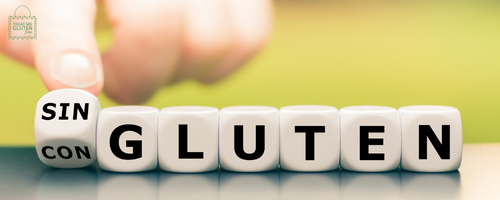
The gluten-free diet is not just a popular trend, but rather a necessity for many people to manage their health. By understanding the importance of refraining from gluten-containing foods, individuals can start a journey toward a comfortable healthy life.
If you suspect that you have a gluten allergy, gluten, or celiac disease, consult a doctor for an accurate diagnosis and direction regarding following a gluten-free lifestyle.







